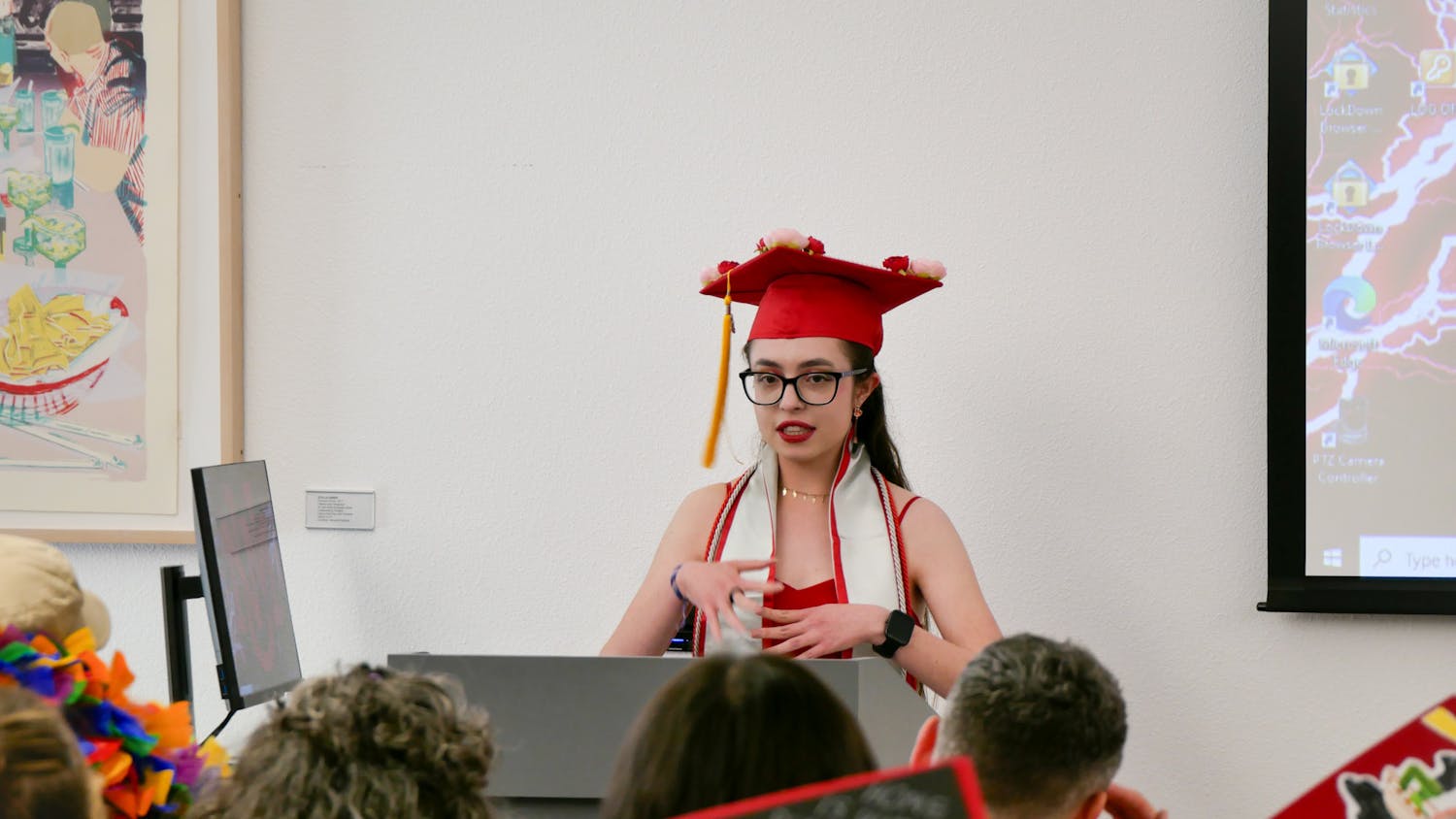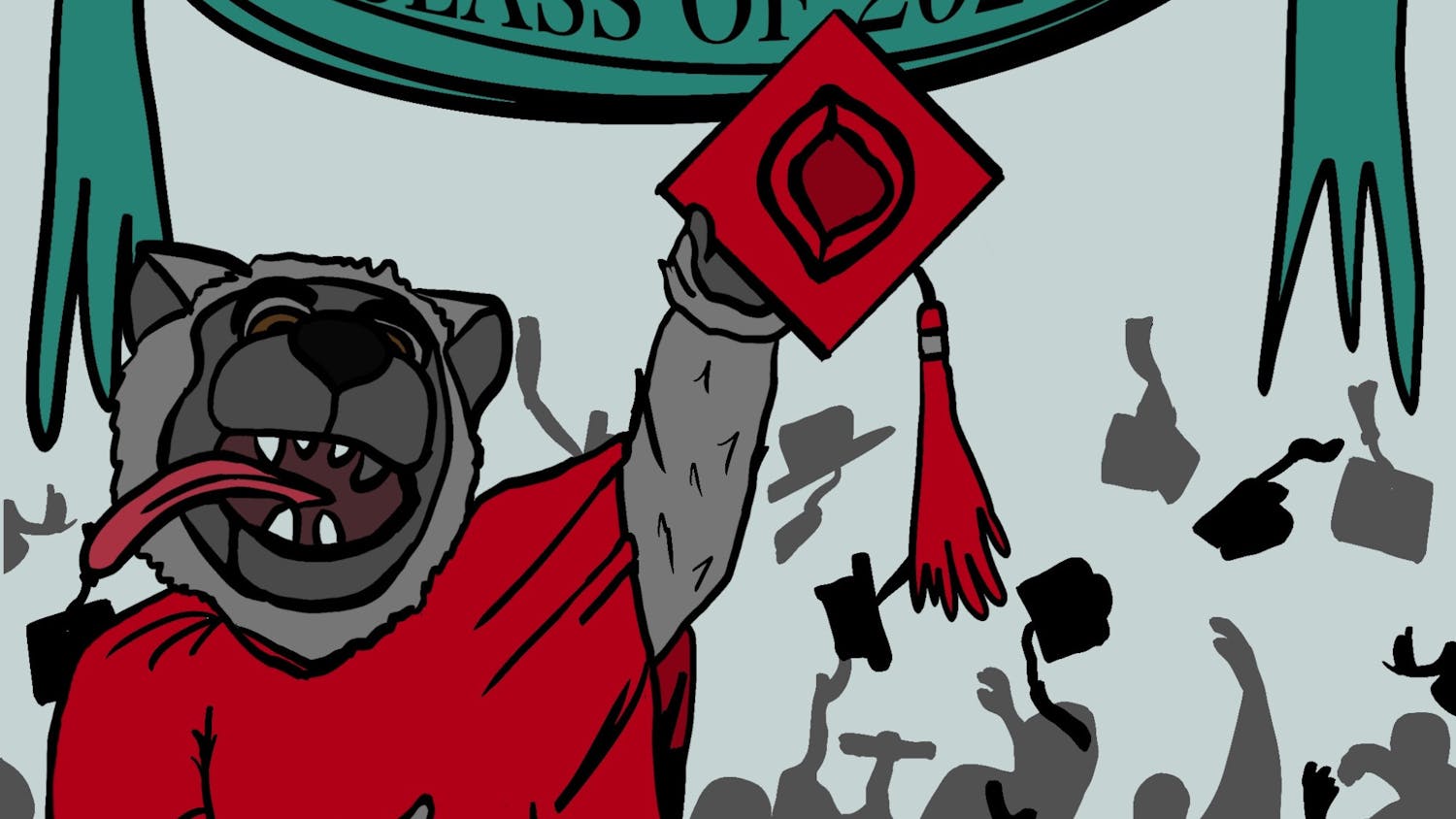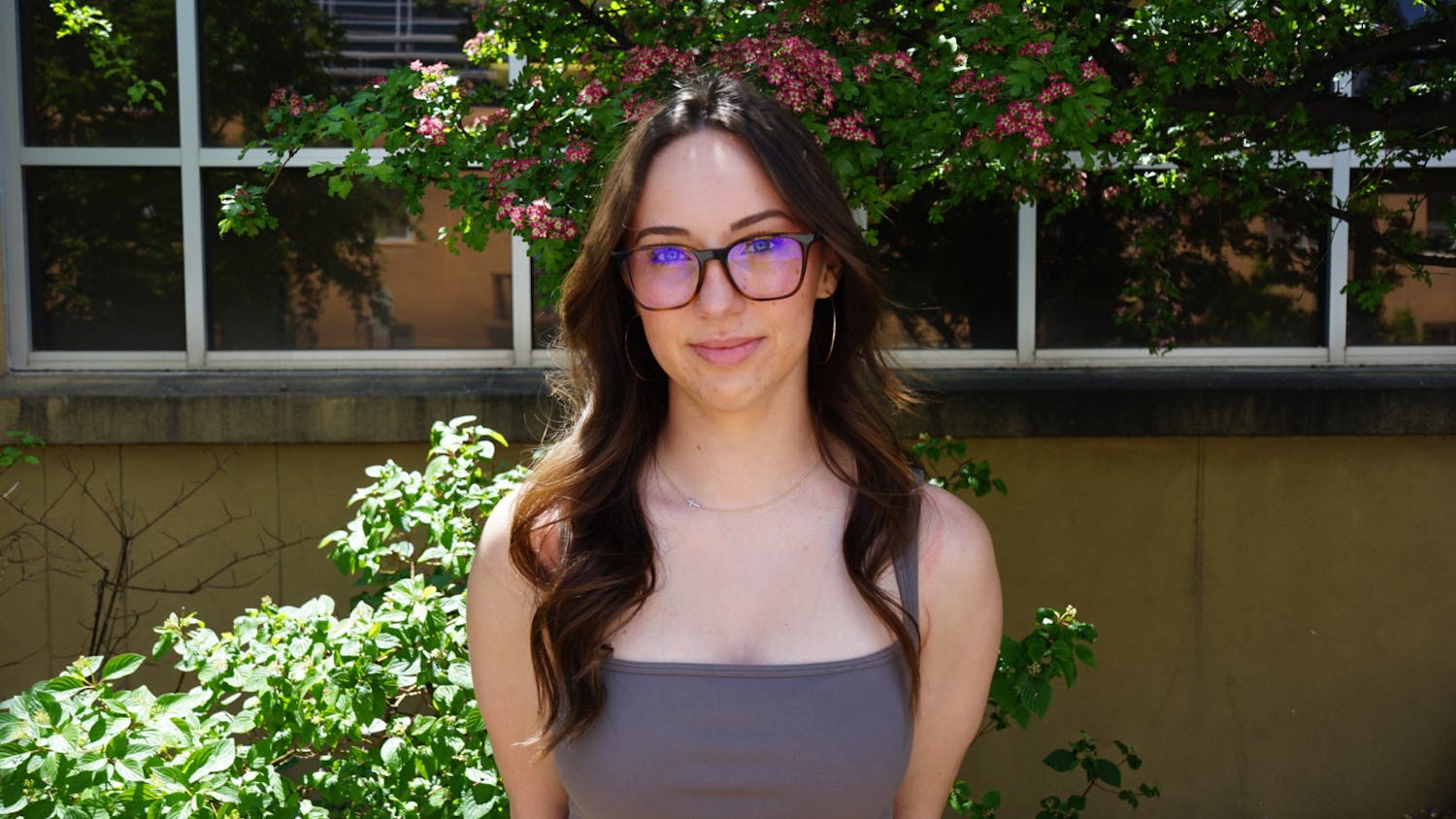Dear Dr. Peg,
I went to the SHAC a few days ago about small bumps I noticed on my penis and pubic area. The person I saw said they were molluscum contagiosum and she used a liquid nitrogen spray to freeze them off. I had 5 bumps and now they have all increased in size, popped, and are starting to scab up, like she said they would. I was kind of nervous and I forgot to ask her some questions. What should I expect from here on out? Is this going to damage my penis? The bumps are pretty sore.
Dear Molluscum Man,
Nervousness when your penis is being frozen is a normal reaction. So is the popping and scabbing, but lasting damage is extremely unlikely.
Molluscum contagiosum is a skin infection caused by a virus of the same name. Humans are its only host. It is passed by skin to skin contact, or by skin to object (e.g. towel) to skin. Little kids get it from playing together and sharing toys.
In adults, if it’s in the genital area, it’s assumed to be sexually transmitted. We see it quite often at SHAC.
Molluscum contagiosum causes small round firm bumps with waxy centers. They usually don’t itch or hurt. It can take weeks from the time of contact for the bumps to appear. Some people only get one bump, and they often pass it off as a stubborn zit.
If you leave them alone, they will go away eventually, but this can take several more weeks. In the meantime, you are contagious.
If you get treated, the duration of the infection is shortened, and your period of contagiousness is also shortened.
Treatment involves removing the waxy centers. This can be done with a tool called a sharp curette, with which we scoop out the center in one swift move. Yes, it hurts a bit, but only for a second. Some practitioners use a needle. There are several other methods, including various toxic solutions and lasers, or they can be treated with liquid nitrogen, like your provider used.
Nitrogen at room temperature is a gas. It is part of the air we breathe. When cooled and pressurized, it is a very cold liquid. We use liquid nitrogen to treat various different skin conditions, including molluscum, warts and small skin cancers. This kind of treatment is also called cryosurgery or cryotherapy. As with any kind of intervention, there are possible complications, but lasting damage to the penis is highly improbable.
The first complication, if you will, is pain. It hurts to have tissue frozen, and the area usually stays tender for several days.
Get content from The Daily Lobo delivered to your inbox
Bleeding is common, usually under the skin as a “blood blister.”
Infection is possible but infrequent. If the site becomes opened or raw, cover with antibiotic ointment and a Band-Aid if you can.
Long term complications might include scarring, pigment changes, recurrence of the initial lesion and, rarely, nerve damage. All of these are very rare, I assure you.
As I said above, the bumps will go away eventually even without treatment, but since it is contagious as long as the bumps are present, I recommend getting them treated. The way your lesions blistered up and fell off is exactly the reaction we’re looking for. Once the underlying sore heals up, everything should be back to normal.
You might develop more bumps, since this is a very slow moving infection. If you do, come on back to the SHAC and we can treat you again.
By the way, if it happens again that you have questions for your provider after leaving SHAC, or if you want to contact your provider at any time for any reason, you can do so online using our secure patient messaging system.
Go to shac.unm.edu and click on “online student health.” This will take you to a login page where you use your usual UNM Net ID and password. Sometimes your provider will use this same system to contact you.
If that happens, you will receive a regular email from SHACGW (Student Health and Counseling GroupWise) alerting you that you have a message. Many of our patients have found this system quite useful.
Of course, if you are more old fashioned, there is always the phone. Ours is 277-3136.
Dr. Peggy Spencer is a physician at Student Health and Counseling. She is also co-author of the book “50 Ways to Leave Your 40s.” Email your questions directly to her at pspencer@unm.edu. All questions will be considered, and all questioners will remain anonymous.





